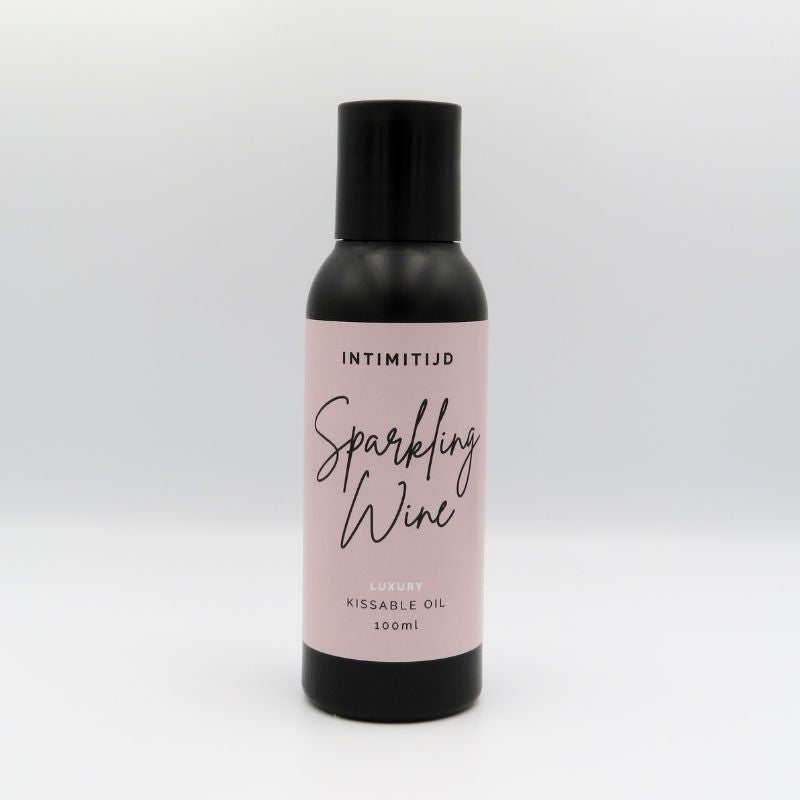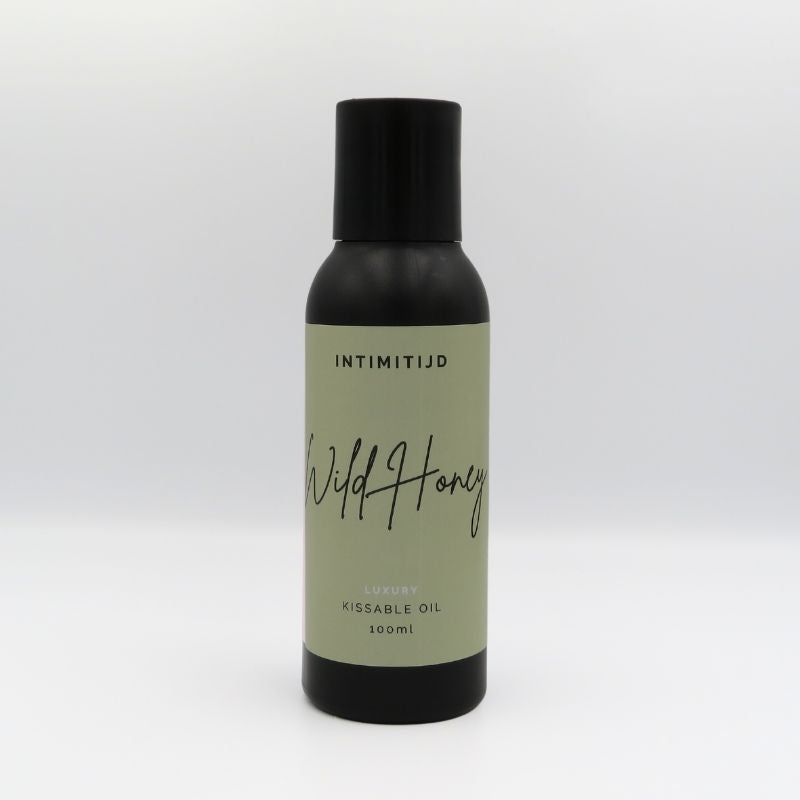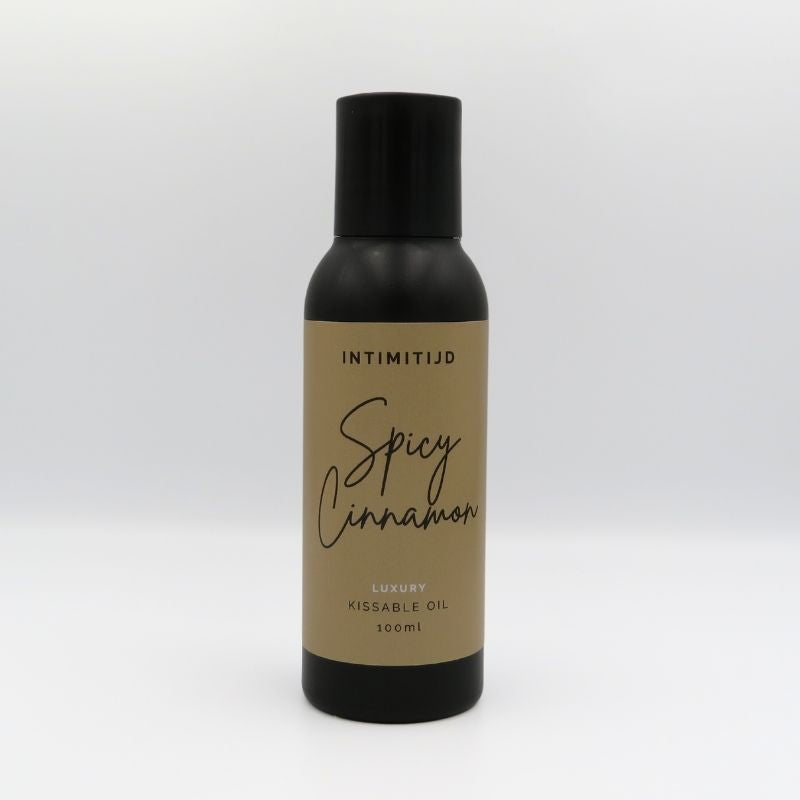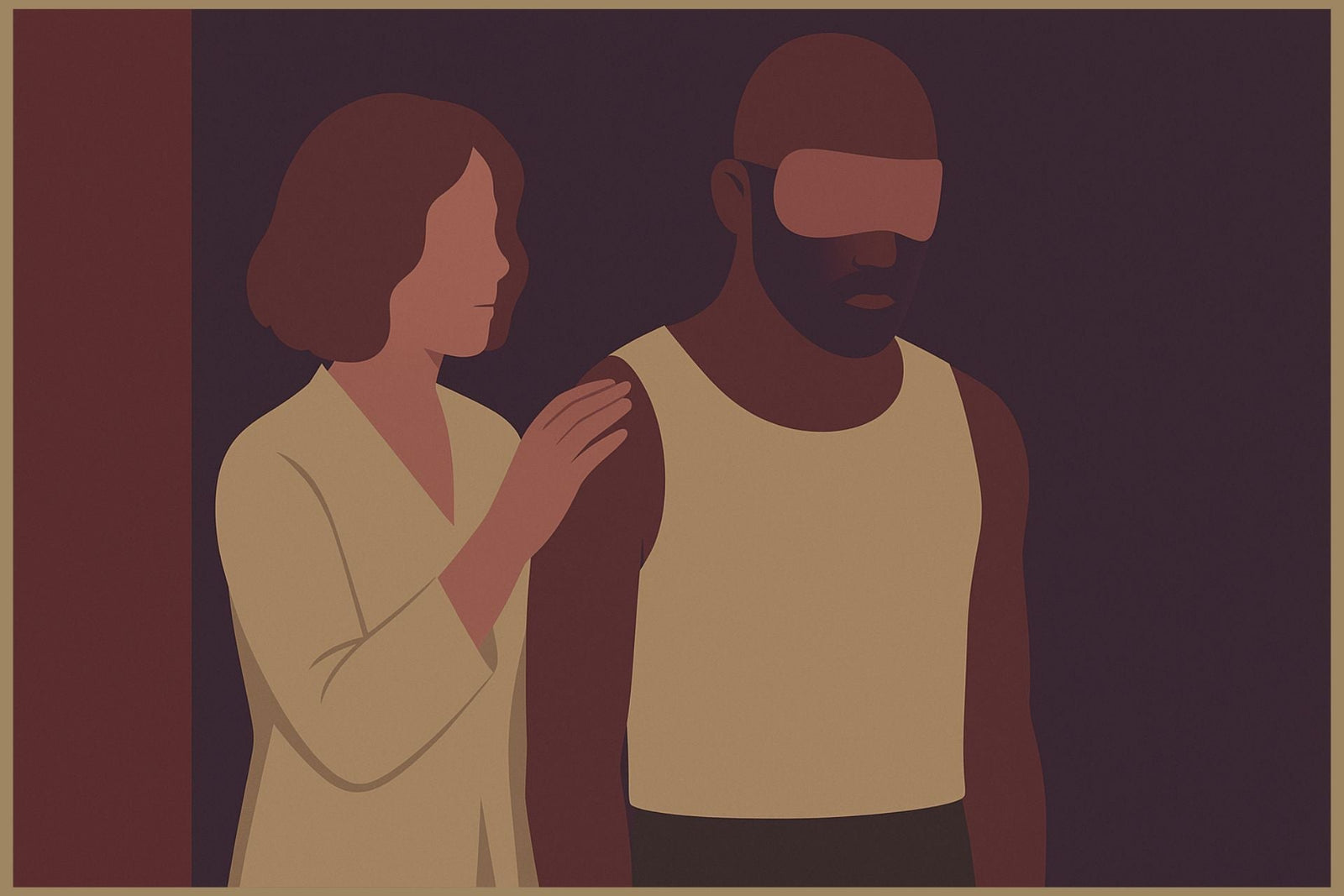I think every woman has experienced pain during intercourse with penetration. But then what do you do? are you stopping? Or will you continue? Do you think it will go away on its own? Or… better luck next time? There are many different causes of pain during intercourse. In this blog I will discuss a number of common pain complaints and give you a number of tips on how you can prevent pain during sex.
No or little foreplay
Dr. Kevin Leman, Christian psychologist and author of the book 'Between the sheets' says about foreplay: “Do it as slow as possible”. Most erotic scenes in movies are not exactly the right example of good foreplay. They are kissed and hugged intensely before almost immediately moving on to the (coitus) penetration. Porn films also do not really give a good and realistic picture of how sex is built up in most cases.
It is very important to take enough time for foreplay! For us women, it can sometimes take a little longer before sufficient fluid has been produced, so that the penis slides in more easily. For example, ask your partner to look for the g-spot in your vagina. By stimulating this spot you often produce moisture faster. Can't you both wait for once and want a quickie? Then use a lubricant to prevent it from irritating because the vagina is too dry.
Vaginal dryness
This is a common complaint. Even if you spend enough time on foreplay, you still don't get enough moisture. Vaginal dryness can have many causes, for example due to menopausal complaints. The vaginal wall becomes thinner during menopause and can therefore be damaged more easily. Other causes can be; overweight or obesity, use of medication, diabates or after chemotherapy and/or radiation. The use of a lubricant can also help here. But in any case, contact your doctor for advice.
Psychological factors
Psychological factors also influence the experience of pain during intercourse. For example, you may have had a painful experience during sex, so that the mere thought of having sex again can evoke anxiety. This fear can lead to decreased arousal causing vaginal dryness. Or this fear results in the pelvic floor muscles becoming too tense. This in combination with vaginal dryness can cause small wounds to occur. Furthermore, some women with depression symptoms may experience more pain. If you recognize yourself in this target group, relaxation exercises can help you, for example. But with really persistent complaints you can also consult a pelvic floor therapist.
Pain = stop
The most important tip I want to give you is that if you experience pain during sex, you immediately stop coitus (penetration). The longer you continue, the greater the chance that the pain will get worse and/or that you will experience the pain more often. Find out for yourself what the possible cause could be. If you continue to have persistent pain, you may have dyspareunia. This Greek word literally means “mismatch of bedfellows”. Dyspareunia occurs in approximately 5% of women in the Netherlands. So if your complaints persist and you do not know what the cause could be or if you still experience pain after using a lubricant, always contact your doctor.
Did you know that men can also experience pain during sex? You can read more about that in another blog soon…
Els Gouman









Leave a comment (all fields required)